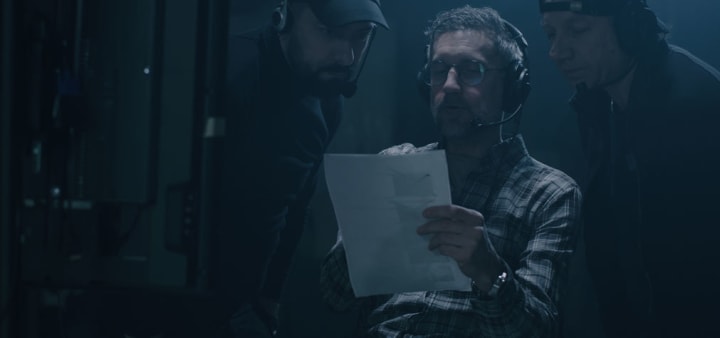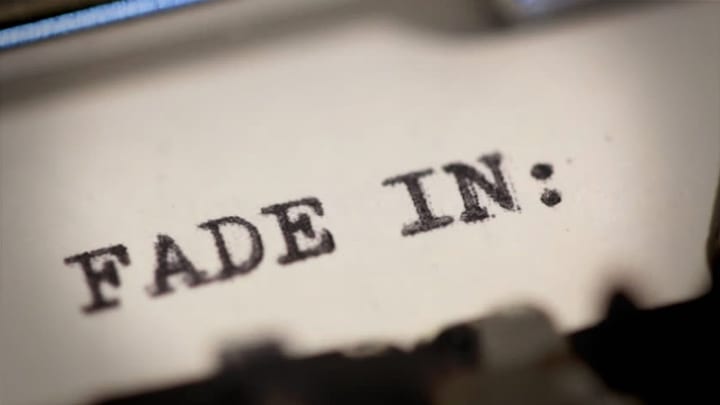Less is more
Is creativity dead?

“It is quality rather than quantity that matters.” Words from the great philosopher Seneca are really accurate on the topic Michael Smith discussed on this interesting lecture called “Is big data killing creativity?” He need to address this subject very carefully. According to his studies, a program rules what you should see, statistics knows what’s best for you.
While writing his book “Streaming, sharing, stealing. Big data and the future of entertainment” Michael Smith, a Professor of Information technology and Marketing of CMU, made some relevant discoveries on how we choose what to consume to amuse ourselves on our daily basis. As stated on his book, Netflix is using information to bring out our preferences. For the sake of simply, keep on feeding more content to the viewers.
Creative freedom is being compromised, data rules what writers should write. Netflix is winning the battle just because they learned how to measure what the customer wants. Not only based on popularity alone. Now, they can dig deeper, and gather information in real time on how you react to situations. That data is shared with creators; to help them suit content to a specific segment of the population. In a way, we can say, is being tailor made to capture your attention without delay.

Netflix learned that to gain audience, they don’t have to push you to see a specific show. They gain more just by knowing your taste and giving you access to content that you might like. It has been proven that tailoring your content is more profitable. Data is capable of capture when you lost interest on a single chapter on a show, making the algorism work on showing content that fits your specific needs.
Creators of award winning shows on Netflix’s use this technology, now they can pin-point accurately to whom they are writing to. The downside of this technology taking charge of our taste is simple. Now we got to many options to choose from. The author used an analogy to picture where the problem lies, “If the NFL were to expand to 90 teams, you would have a lot of football available to you, but the quality of it would be diluted.”
According to the author’s point of view, there’s a power shift. In the old days of television, power was always behind the mind that created and the ability to persuade and distribute that content to the biggest amount of population as possible. As usual, there were people behind closed doors making decisions on what looks commercial enough to be distributed. Previously, stories had to please and be appealing. Now, with an algorithm making the selection for us, we don’t even have to think. The decision has been made for us in advance, according to my understanding, there's no magic anymore.

That lead us to the harsh reality of the days we are living in. Do you prefer quantity over quality? The author sustains the idea that data is not killing our creativity, according to him, it enhances creative work. In my humble opinion, I disagree with that statement. Data is making art sterile, controlled by soulless algorithms. Is true what some people say, too much of a good thing is not always good.
Now, is a simple formula, nothing happens by chance anymore. That’s not the way something as personal as art should touch our souls. Friedrich Nietzsche wrote the description of creativity is in a simple statement, “You must have chaos within you to give birth to a dancing star.” To have chaos, we need to rely on what makes us human after all, there's no shortcut.
About the Creator
Giovanni Profeta
Swimming through life one stroke at a time.






Comments
There are no comments for this story
Be the first to respond and start the conversation.